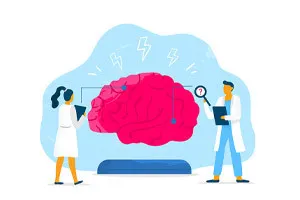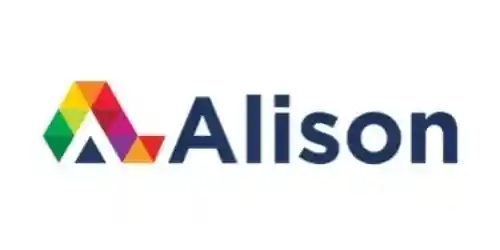
Advanced Diploma in Cognitive Behavioural Therapy 
This Advanced Diploma in Cognitive Behavioural Therapy provides an in-depth exploration of the principles and practice of CBT, and equips you with the skills to apply it in a professional setting. Enrol today and take the first step towards becoming a CBT practitioner. ▼
ADVERTISEMENT
Course Feature
![]() Cost:
Cost:
Free
![]() Provider:
Provider:
Alison
![]() Certificate:
Certificate:
No Information
![]() Language:
Language:
English
Course Overview
❗The content presented here is sourced directly from Alison platform. For comprehensive course details, including enrollment information, simply click on the 'Go to class' link on our website.
Updated in [June 30th, 2023]
The Advanced Diploma in Cognitive Behavioural Therapy provides an in-depth exploration of the principles and practices of CBT. Students will gain an understanding of the history of CBT, the key principles and assumptions behind behavioural neuroscience, and the various neurotransmitters in the human body. They will also learn about acceptance commitment therapy (ACT), behavioural therapy and cognitive analytic therapy, and the structure of CBT. Additionally, students will explore the use of CBT in the treatment of eating disorders, depression, stress, anxiety, insomnia, and addictions. Finally, they will gain insight into pursuing a career as a CBT therapist, the formal training that one should undergo, and the key considerations to bear in mind when deciding whether to work in the private or public sector, or both.
[Applications]
Upon completion of the Advanced Diploma in Cognitive Behavioural Therapy, learners can apply their knowledge to a variety of settings. They can use their understanding of CBT to help individuals with mental health issues, such as depression, anxiety, eating disorders, and addictions. Learners can also use their knowledge to help individuals strengthen their interpersonal relationships. Additionally, learners can use their knowledge to pursue a career as a CBT therapist, or to expand their understanding of mental health in their current profession.
[Career Paths]
[Job Position Path]
The career path for those interested in Cognitive Behavioural Therapy (CBT) is to become a CBT Therapist. This involves completing a postgraduate diploma or master's degree in CBT, as well as gaining experience in the field. After completing the diploma or master's degree, the next step is to become a registered CBT therapist. This involves completing a minimum of 450 hours of supervised practice, as well as passing a professional competency exam. Once registered, CBT therapists can work in a variety of settings, including private practice, hospitals, and mental health clinics.
The development trend for CBT therapists is positive, as the demand for mental health services is increasing. CBT is becoming increasingly popular as a form of therapy, and more people are seeking out CBT therapists to help them manage their mental health. As such, the job outlook for CBT therapists is expected to remain strong in the coming years.
[Education Paths]
The development trend of this degree is to focus more on the practical application of CBT, such as the use of CBT in treating addictions, interpersonal relationships, and other mental health issues. Additionally, the degree will also focus on the ethical considerations of CBT, such as the importance of informed consent and the need to respect the autonomy of the client. Finally, the degree will also explore the use of technology in CBT, such as the use of virtual reality and online therapy.
Course Syllabus
Fundamentals of Cognitive Behavioural Therapy (CBT)
This module will introduce you to a brief history of CBT and key figures in CBT development. You will also learn about behavioural neuroscience, acceptance commitment therapy, behavioural therapy and cognitive analytic therapy. Finally, you will study the structure of CBT therapy.Applications of Cognitive Behavioural Therapy (CBT)
In this module, you will learn about how CBT can treat eating disorders, depression, stress and anxiety. You will also study the use of CBT in improving relationships and treating addiction. Finally, you will learn how to pursue formal training and work as a CBT therapist.Course assessment
Course Provider

Provider Alison's Stats at AZClass
Discussion and Reviews
0.0 (Based on 0 reviews)
Explore Similar Online Courses

Create Impactful Marketing Videos using Canva

Cognitive Behavioural Therapy for Anxiety

Python for Informatics: Exploring Information

Social Network Analysis

Introduction to Systematic Review and Meta-Analysis

The Analytics Edge

DCO042 - Python For Informatics

Causal Diagrams: Draw Your Assumptions Before Your Conclusions

Whole genome sequencing of bacterial genomes - tools and applications

Meditation

Mental Health First Aid Skills -


Start your review of Advanced Diploma in Cognitive Behavioural Therapy